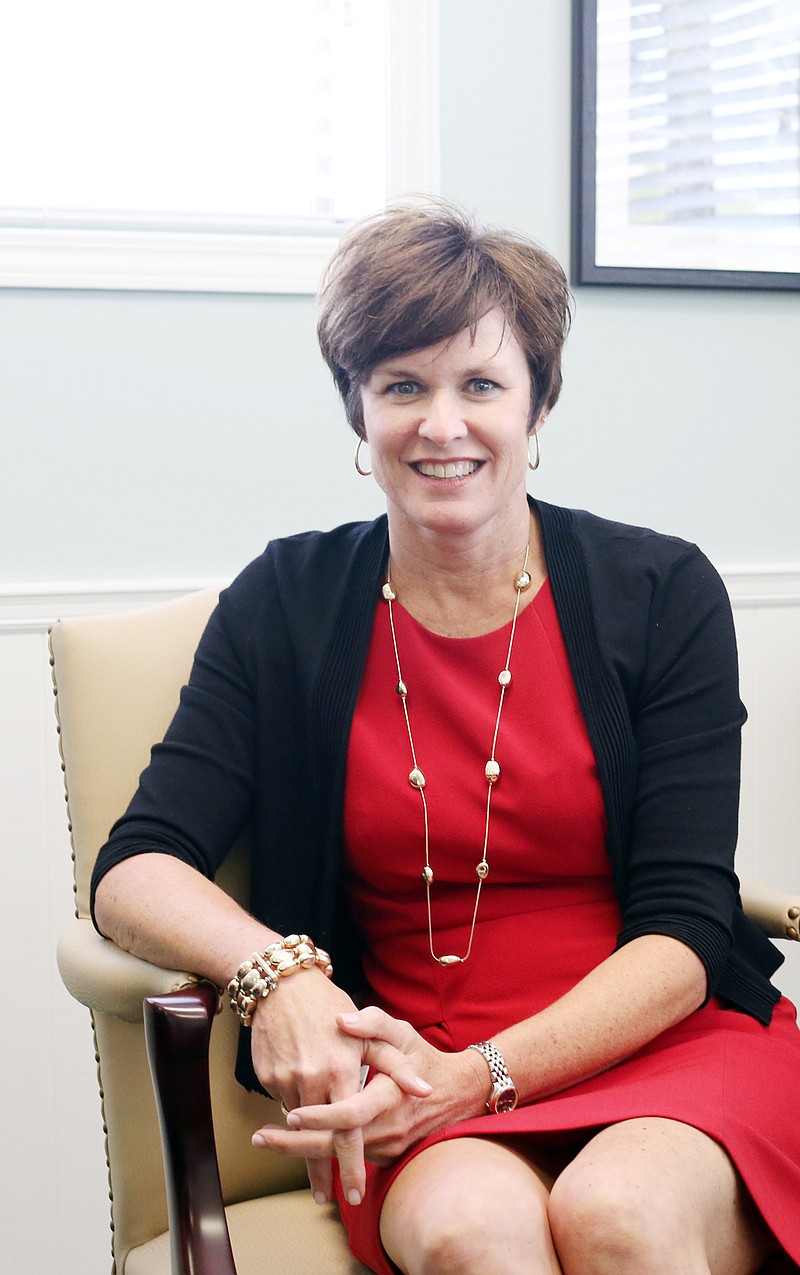After almost two years on the job, the director of Missouri's prisons said much work remains to be done to improve the work environment in the state's 21 prisons, but it is going to take time.
"We are listening to staff, and when they make suggestions, we're implementing what we can. And those we can't, we're trying to find the money," Department of Corrections Director Anne Precythe said. "We're trying to get people to understand that the changes and improvements we want to see are going to take time. This is a very large organization, and it didn't get into the state it's in overnight."
During the upcoming legislative session, Precythe plans to continue talks with lawmakers about getting more money to fill the job openings they have at their facilities.
"We have very low unemployment and our jobs are not the most desirable jobs out there," she said. "We have thousands of staff now who are dedicated, and we need to get their stories out about how their work makes a difference in people's lives. That's something that not every job offers."
As of this week, the department has 780 correctional officer vacancies with a starting pay of $29,500.
The Jefferson City area has three prisons within its immediate area: Algoa, JCCC and Tipton. In their reports to the Joint Committee on Corrections, they cite the greatest challenge is maintaining a safe, secure environment with a limited security force, an inexperienced workforce and a reliance on overtime to maintain staffing levels.
Precythe said they have made strides in recruiting, how they manage their workforce and how they treat their workforce.
Currently, more than 60 percent of the department's workforce has less than five years on the job.
Allegations have been made that the prisons are more dangerous now than they have ever been due to an insufficient number of corrections officers, stretched staffing, inexperienced staff, etc., and that Corrections has masked many of the real dangers and violence that exists on a daily basis in Missouri's prisons.
"If the bills aren't being paid, then that means something can't happen in a prison and that could put our officers in jeopardy," Precythe said. "If positions aren't being filled, that has an impact on the safety and security of a facility."
Precythe said they are working on a plan with staff for a way to directly communicate with them when a serious incident involving prison staff would occur.
"They want to know and we want them to know that we are being transparent," she said. "Nationally, that has not been a regular occurrence. We are looking at states that do have a communication system for when an officer has been assaulted, because I know that's important to staff.
"It's also very important for the public to know these are very dangerous and challenging jobs, with low pay," she said.
Precythe said she believes the department is making progress.
"When people get on social media and falsify or exaggerate what has happened in these facilities, that doesn't help the staff, it doesn't help the offender and it doesn't help the offender's and staff's families," she said. "If we can keep staff focused on what they're doing, give them the information they want, I think we'll be on the right track."
She said staffing shortages are challenges all correctional departments across the country are facing.
"It's the nature of the beast," she said. "I was brought to Missouri to focus on staff and the challenges are unique. But at the root of solving our problems is our staff, and if we don't treat them well and pay attention to them, then we're not making any strides in what we need to do.
"How can we give offenders the education and work development they need if we don't have a good staff?"

